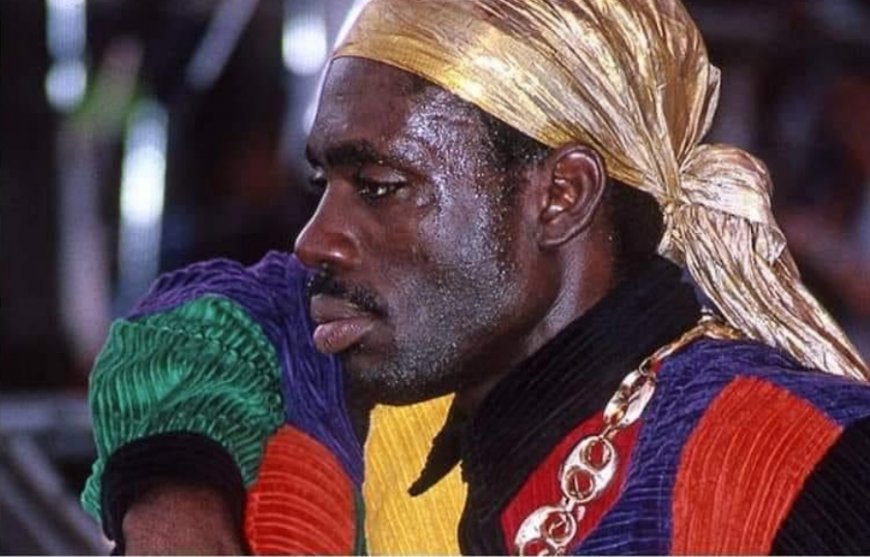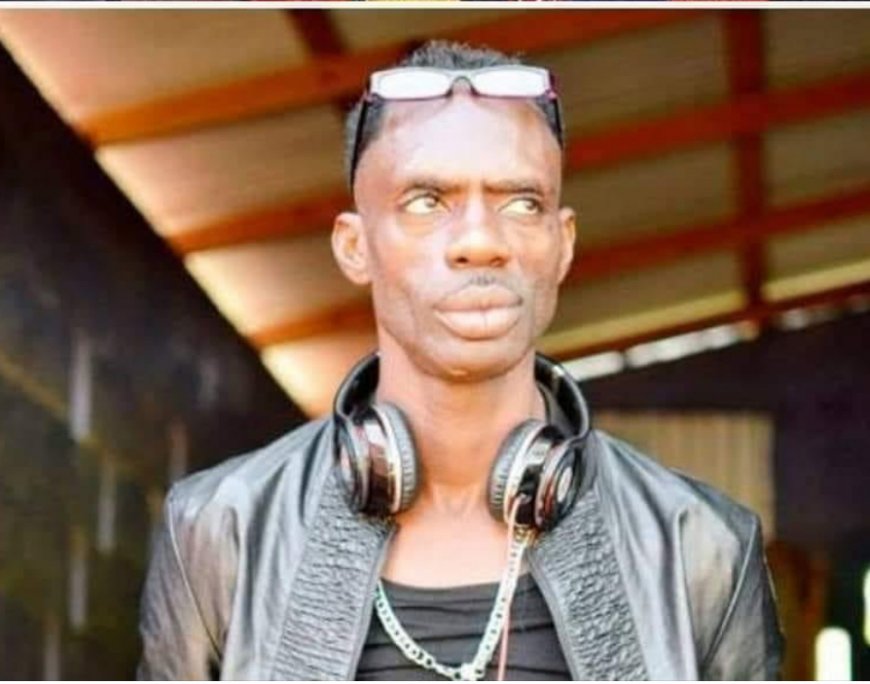The Uncensored Story of Ninja Man, From Gun Lyrics To the World Stage
Desmond John Ballentine (born January 24, 1966), better known as Ninjaman, and sometimes as Don Gorgon is a popular Jamaican dancehall deejay and actor, known for his controversial and pro-gun lyrics and his stuttering and melodramatic style

Desmond Ballentine, better known as Ninja Man, is a name synonymous with Jamaican dancehall. His gruff vocals, catchy lyrics, and electrifying stage presence have cemented him as a legend in the genre. Yet, his career has been riddled with controversy, sparking debates about freedom of expression, artistic responsibility, and the evolution of dancehall music.
From Seaview Gardens to Dancehall Stardom:
Emerging from the gritty streets of Seaview Gardens, Kingston, Ninja Man burst onto the scene in the late 1980s. His raw energy and unapologetic lyrics resonated with a generation yearning for authentic voices. Hits like "Murder Weapon" and "Rip Dem" pushed boundaries, tackling social issues and injecting an element of rawness into the dancehall sound.
The King of Gun Lyrics and the Censorship Debate:
However, Ninja Man's music also courted controversy due to its frequent mentions of firearms and violence. Critics argued that his lyrics glorified gun culture and incited real-world crime. In 2009, he was convicted of murder, a charge he maintains is unjust. Though released in 2018, the case reignited the debate about censorship and the responsibility of artists.

Beyond the Controversy: Musical Innovation and Influence:
Despite the controversies, Ninja Man's musical influence is undeniable. He pioneered the "slack deejay" style, characterized by its explicit language and focus on streetwise themes. His influence can be heard in the works of countless contemporary dancehall and reggae artists, from Vybz Kartel to Spice.
A Complex Legacy: Balancing Artistic Expression with Social Impact:
Ninja Man's legacy remains complex and multifaceted. He is a dancehall icon, a pioneer of a distinct style, and a voice for the marginalized. Yet, his music's darker aspects have sparked critical conversations about the impact of artistic expression on society. As dancehall continues to evolve, Ninja Man's story serves as a reminder of the genre's power, its complexities, and the ongoing debate about its role in shaping Jamaican culture.








